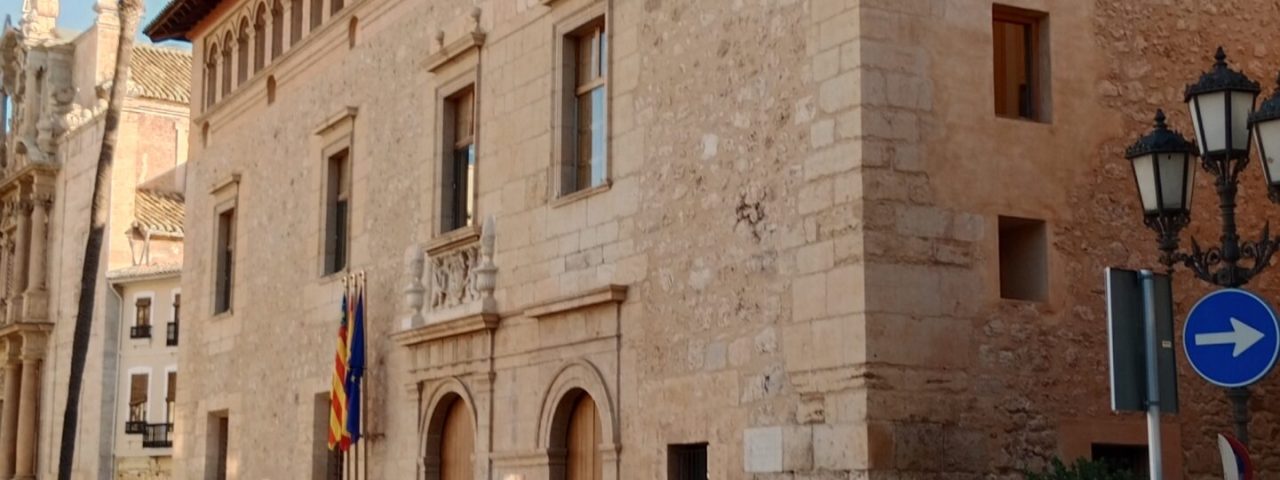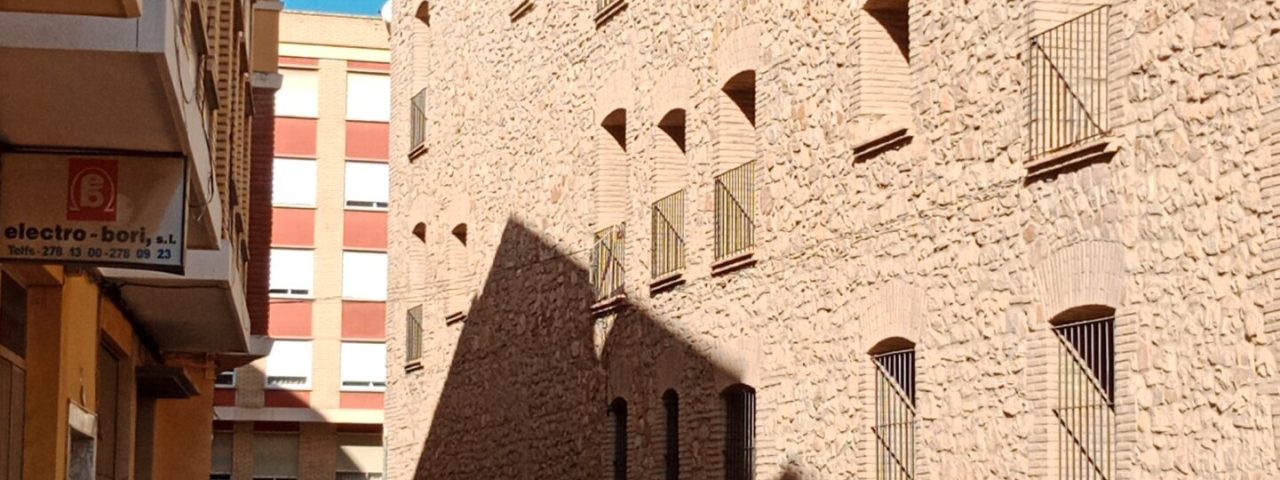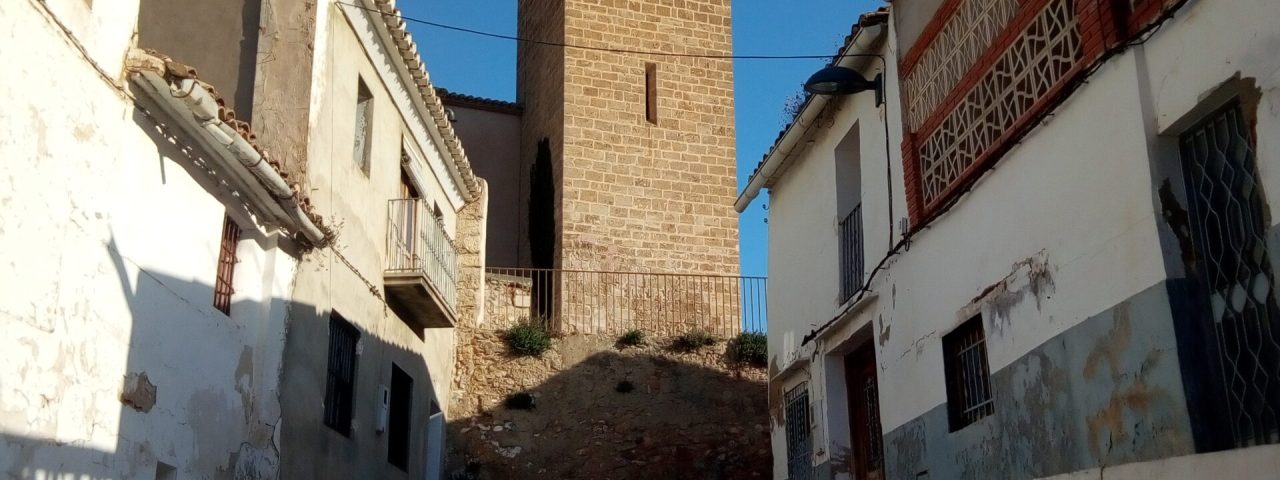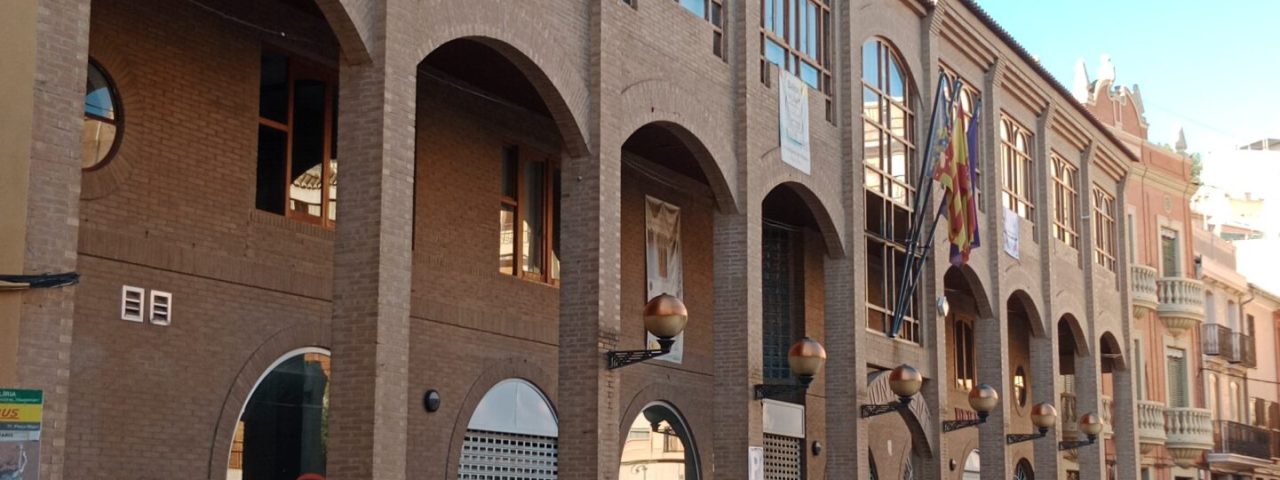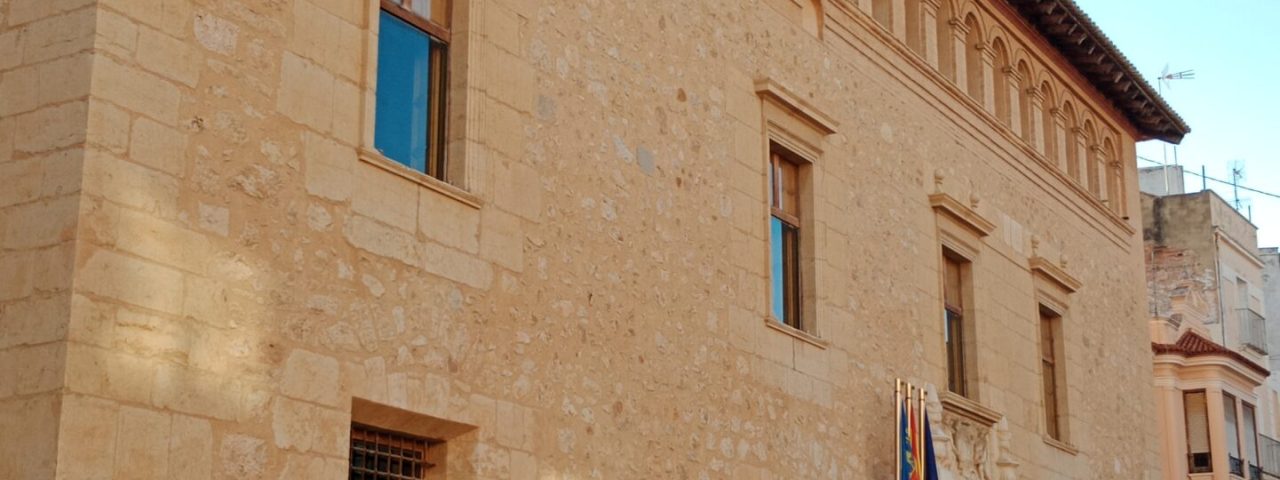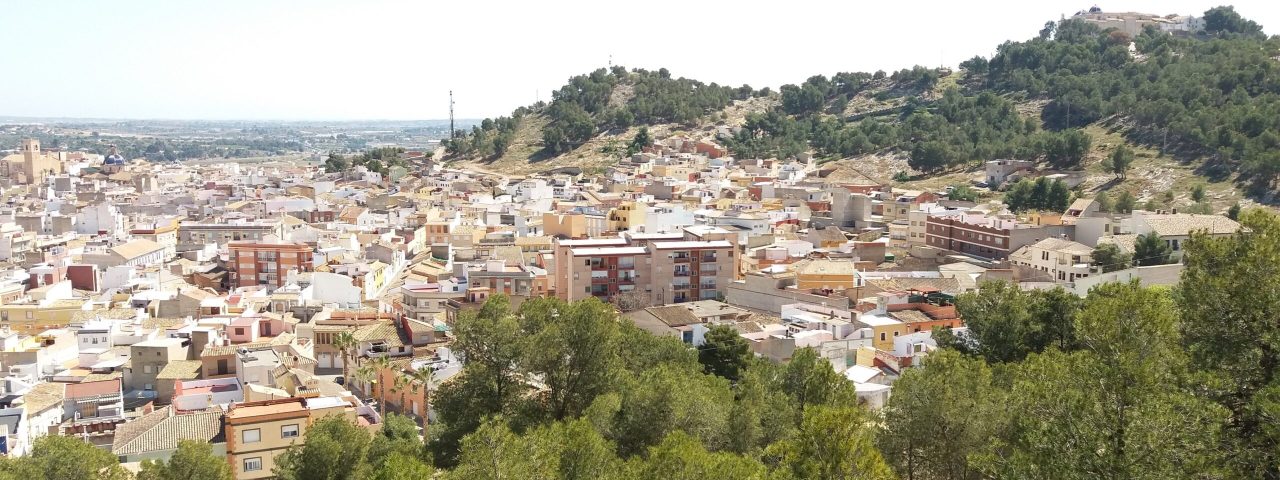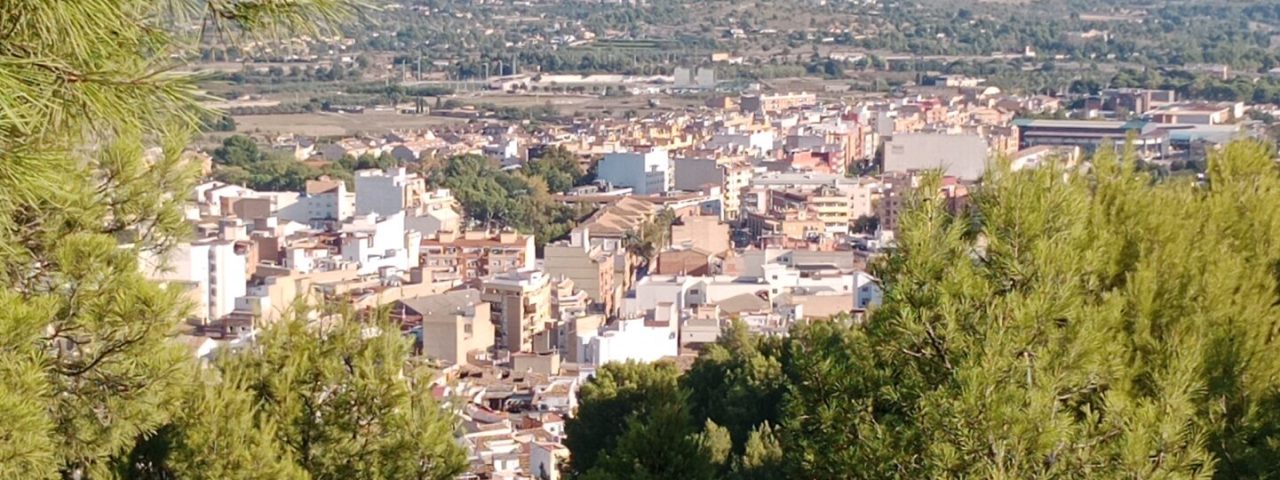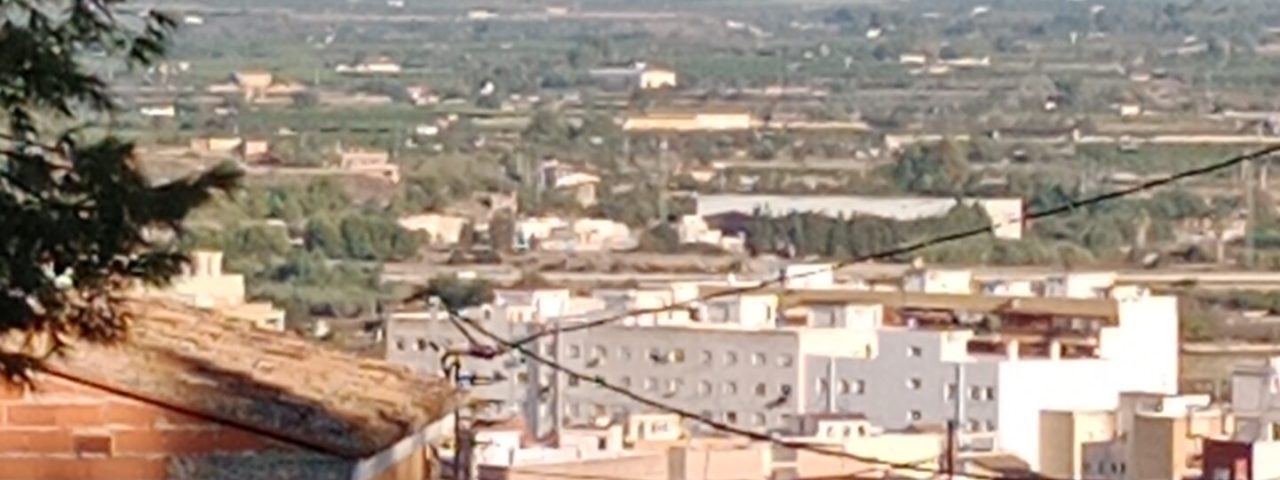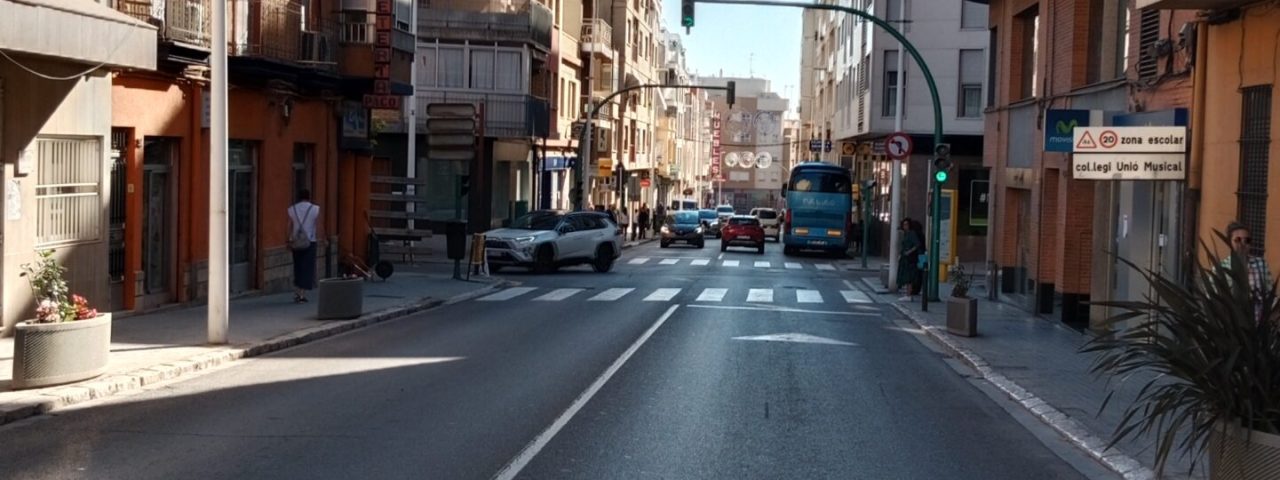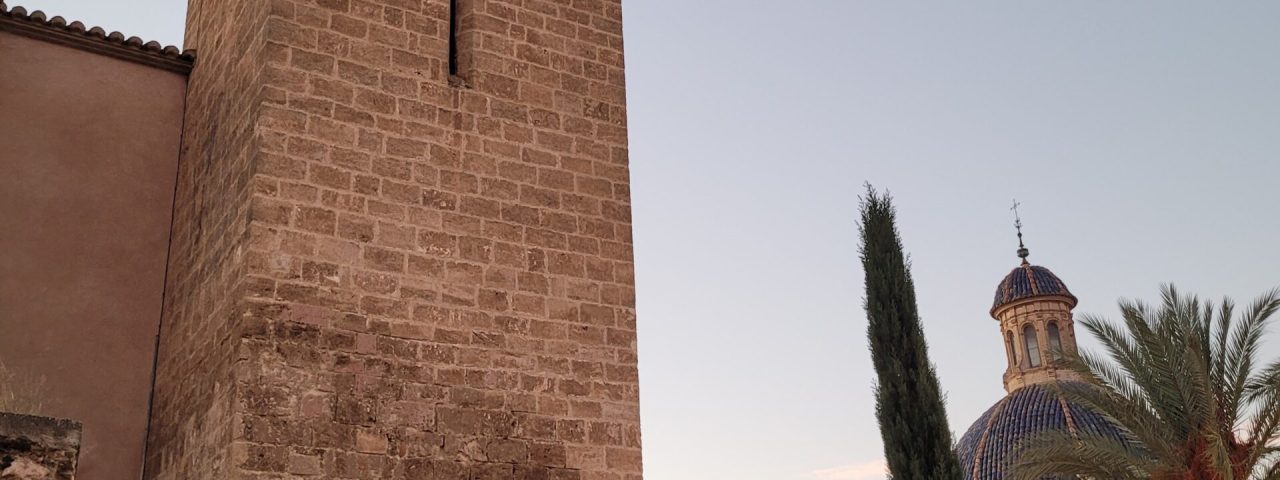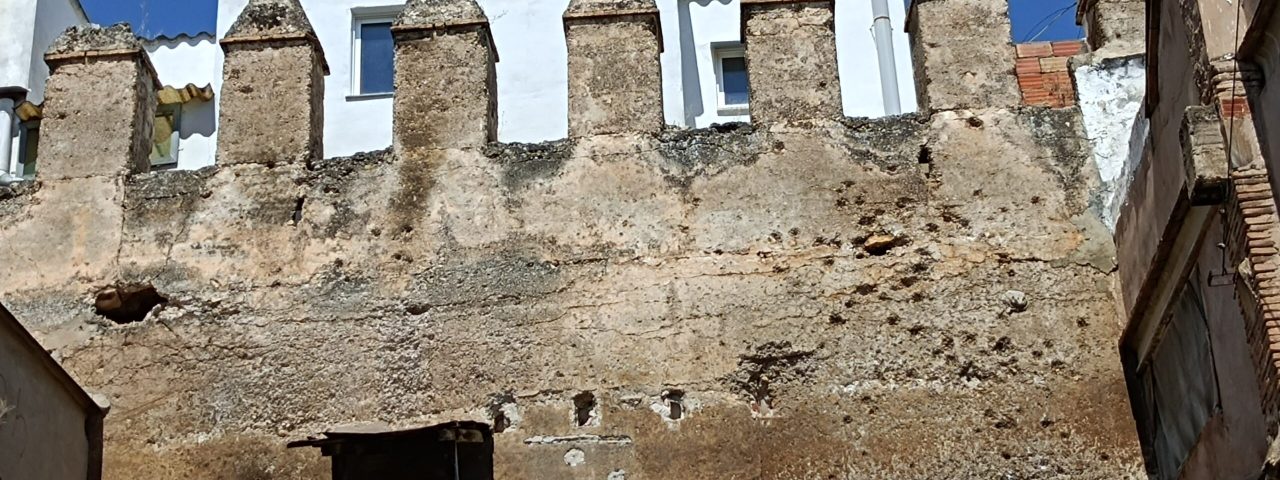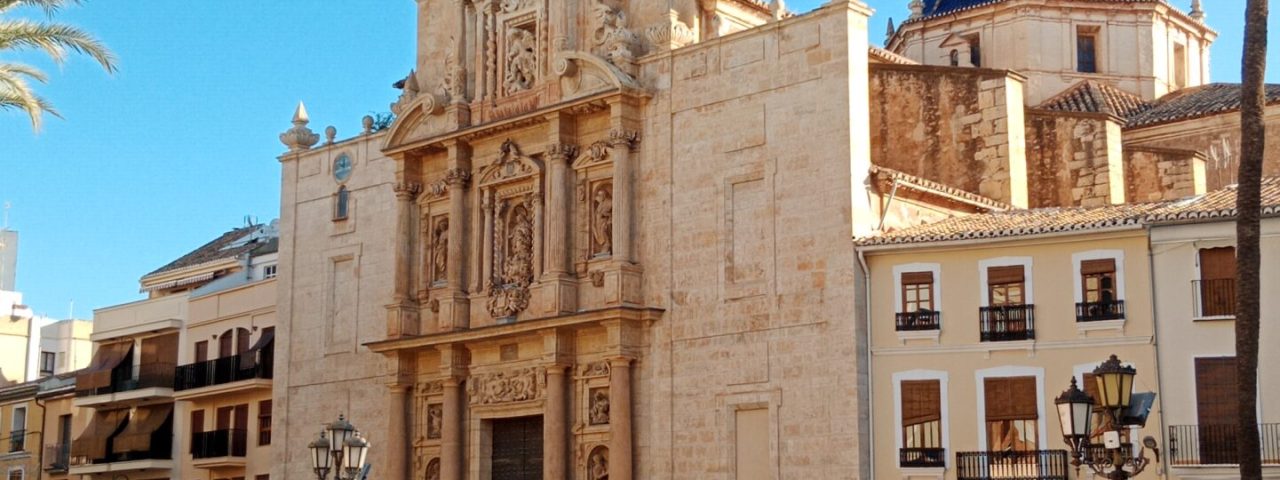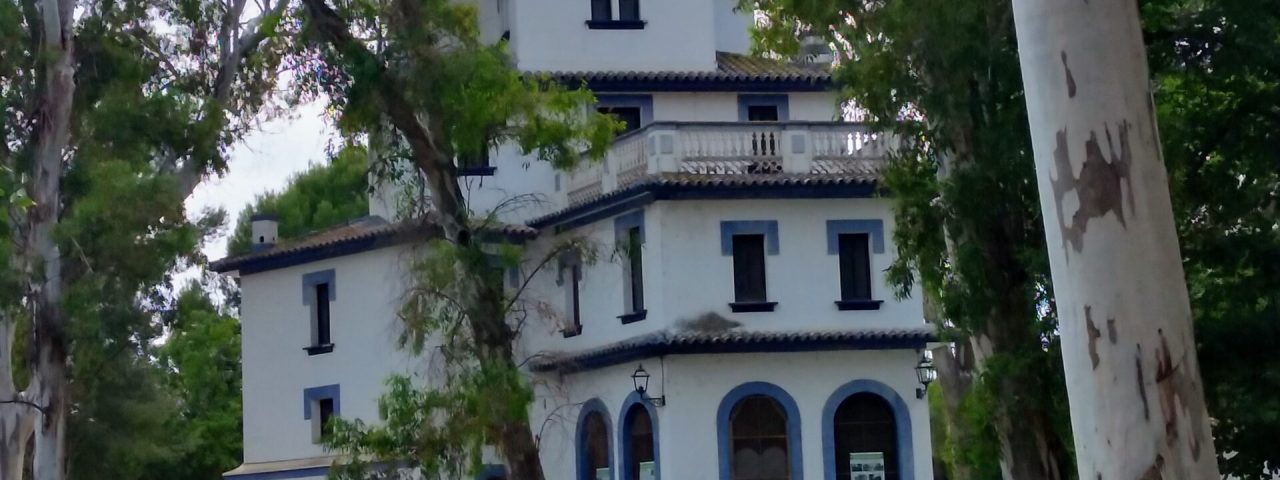Liria boasts a rich history that spans over two millennia, with influences from Roman, Moorish, and Christian cultures. Originally known as Edeta during Roman times, the city was an important settlement and a key trading post. Later, under Moorish rule, it became a strategic fortress, with its defensive structures still visible in some parts of the city. After the Christian Reconquista, Liria became an important center in the region, developing its own unique cultural and architectural identity.
The city is known for its deep-rooted musical traditions, earning it the title of “City of Music.” Liria is home to several prestigious musical bands and hosts numerous music festivals throughout the year, attracting both local and international talent. The Fallas festival in March is one of the most popular cultural events, where the city comes alive with street parades, fireworks, and the burning of intricate effigies in a vibrant display of Valencian tradition.
Cultural traditions like the Fiestas de San Miguel, celebrating the patron saint of the town, are also deeply ingrained in Liria’s identity. These festivals showcase local customs, religious processions, and community events, providing visitors with an authentic glimpse into the life of the town.
